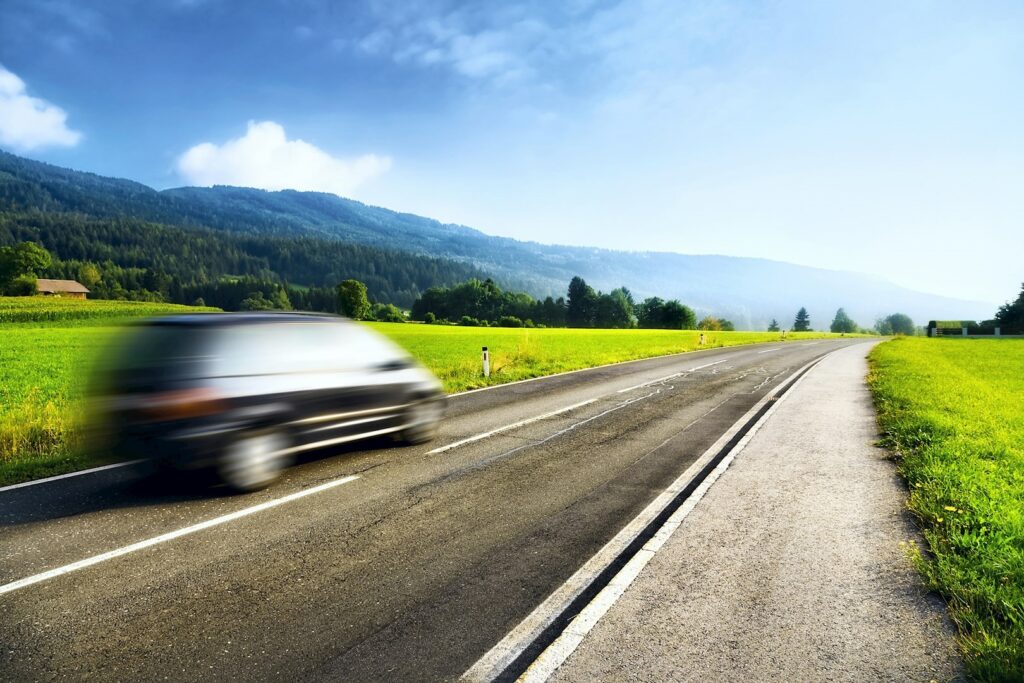Biofuels ‘essential’ to reducing transport emissions
Ahead of the Argus Global Gasoline conference, Argus Media interviews ePURE Secretary-General Emmanuel Desplechin on the challenges ahead for the European biofuels industry as it adapts to a changing legislative environment.
Over the past year, how has the ethanol industry adapted to regulations on helping to decarbonise transportation fuels?
With the final adoption of its renewable energy policy for 2020-2030, the EU confirmed the need for crop-based biofuels such as renewable ethanol in the transport energy mix. However, the Directive caps the contribution these low-carbon fuels can make at each Member State’s 2020 levels, up to 7%, and sets necessary binding targets for advanced biofuels. So even though sustainable crop-based biofuels have earned a place among useful solutions to decarbonise transport, the cap sends national governments a mixed message. EU Member States have between now and 2020 to increase their use of renewable ethanol in transport – for example by adopting E10 as the standard petrol – if they want to maximise their ability to reach renewables and climate targets under both RED II and the Effort Sharing Regulation. While some Member States have successfully adopted E10, in other countries like the UK, the delay to introduce ethanol blends has led to the closure of ethanol biorefineries. From RED II to the new vision put forward by the European Commission for a long-term decarbonisation strategy, consistency is the key: a clear understanding that biofuels, both crop-based and advanced, are essential to meeting climate goals.
How significant is the role of the renewable industry and biochemicals in reducing carbon emissions in transportation fuels?
It’s not just significant, it’s essential. Transport emissions keep rising, despite the urgent global call to reduce them. International organizations such as the IEA and IRENA agree that a massive increase in the use of sustainable biofuels will be needed in the coming decades. And the European Commission, in its different scenarios for a zero-carbon future, also highlights the importance of increased use of sustainable bioenergy or carbon removal technologies that are deployed in ethanol biorefineries. By maximising sustainable biofuels like renewable ethanol, the EU can make immediate progress toward its goals without waiting for expensive infrastructure changes. Biofuels must play an essential part in decarbonising transport in the mid and long-term future as internal combustion engines will still be prevalent on the road in the coming decades, even when considering the most ambitious scenarios for the uptake of electric vehicles.
What are the major challenges with the use of ethanol in gasoline blending?
At the moment, the biggest challenge is to convince all EU Member States to deploy E10. Blending ethanol with gasoline is not only beneficial for the climate, it also reduces EU’s dependency on imported oil. Currently, almost all gasoline blends sold in Europe contain a small portion of ethanol — up to 5%. Progressively, some countries are incorporating more ethanol in their blends to reach 10%. In France, where E10 is the number-one selling petrol blend, the government has approved the use of conversion boxes that allow motorists to fuel their cars with E85 – saving a lot of money and greatly reducing emissions. But not every EU Member State is so forward-looking; that’s why we urge national governments to introduce E10 in order to effectively cut their transport emissions, reduce their fossil fuel energy imports and meet their renewable energy targets.
How do you see the future of the gasoline blending industry over the next 1-2 years?
An E10 wide rollout is a mandatory short-term step not only to reach the 2020 renewable and climate targets, but also to allow crop-based and advanced ethanol to coexist, the latter to effectively deploy. It will allow the ethanol and gasoline industries to work towards the next milestone, the definition and future introduction of mid-ethanol blends such as E20, that will be necessary to achieve the 2030 targets.
Learn more about Argus Global Gasoline Conference in Amsterdam.
